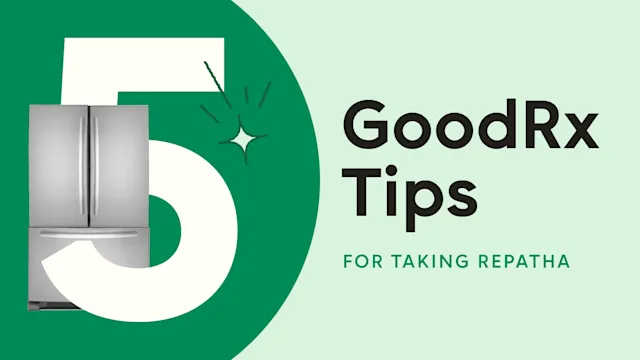Choosing a treatment for high cholesterol is often tailored to the individual. With today’s wide range of effective medications for high cholesterol, there may be a period of trialing different medications until you find the treatment regimen that works best for you.. .
Does high cholesterol treatment always involve medication?
Some people are able to lower their cholesterol levels without medication. This may have many benefits since heart-healthy habits may improve more than just your cholesterol levels. This may include regular exercise, a heart-healthy diet, and avoiding smoking.
Your doctor may recommend medications if your cholesterol levels are very high, or if you weren’t able to lower your cholesterol enough with lifestyle changes alone.
What factors do I consider when choosing a cholesterol-lowering medication?
While your doctor may have recommendations, choosing a medication is a team effort. You will generally be able to discuss your wants, needs, and concerns when choosing a medication. Factors you and your doctor will consider include:
How convenient the treatment plan is and how well it fits in your usual routine
The potential side effects
What other conditions you may have
The studied differential effects in a particular gender and race
The cost
Your insurance plan
The goal is to find the medication that gives you the best results while considering these various factors.
What are my medication options for treating high cholesterol?
Your care team will likely discuss statins (or HMG-CoA reductase inhibitors) as an option for lowering your cholesterol. These are often highly effective for many people. Often, you’ll start to see your LDL cholesterol go down within one or two months. Statins may also help raise your HDL (“good”) cholesterol.
For some people, statins may not be a good fit. For some people, statins may cause side effects, such as muscle pain and weakness, and/or a sensation of pins-and-needles in the arms or legs. In some cases, statins may also not improve your cholesterol levels enough. Finally, statins aren’t generally recommended if you’re pregnant or if you have active liver disease.
When that’s the case, your provider may recommend other options, such as:
Prescription-strength niacin (vitamin B3): This treatment is less common these days, but it may still be an option for some.
Bile acid sequestrants: This medication blocks the blood from absorbing the stomach’s bile acid. As a result, the liver will need the cholesterol in your blood to produce more bile acid.
Ezetimibe: This medication prevents the absorption of cholesterol in the intestine, which may help lower cholesterol levels.
Fibrates: This treatment is generally only used if you also have high triglyceride levels.
PCSK9 inhibitors: These are part of a newer class of drugs which help to lower cholesterol by blocking the action of PCSK9 proteins. In general, high levels of PCSK9 proteins are linked to high cholesterol.
siRNA therapy: This is a newer treatment that prevents the formation of PCSK9 proteins by targeting the body’s “messenger molecules.”
You may take these medications with a statin — or instead of a statin. They work best when combined with healthy lifestyle changes.
Why should I feel optimistic about starting treatment for high cholesterol?
“Treating cholesterol is one of the great successes of [heart health] medications,” says Jennifer Haythe, MD, Cardiologist at Columbia Irving Medical Center.
According to Dr. Haythe, the medications generally “work very well. They’re very effective [and] almost always well tolerated.”
Dr. Haythe is a Cardiologist at Columbia University's Irving Medical Center.
References
American Academy of Family Physicians. (2022). Lifestyle changes to improve your cholesterol.
Henney, N. C., et al. (2021). RNA silencing in the management of dyslipidemias. Current Atherosclerosis Reports.
MedlinePlus. (2024). Statins.
MedlinePlus. (2023). Ezetimibe.
MedlinePlus. (2024). Bile acid sequestrants for cholesterol.
MedlinePlus. (2024). Niacin for cholesterol.
Pinal-Fernandez, I., et al. (2018). Statins: pros and cons. Medicina Clinica.
Reiss, A. B., et al. (2018). PCSK9 in cholesterol metabolism: from bench to bedside. Clinical Science.
Rosenson, R. S., et al. (2022). Low-density lipoprotein cholesterol lowering with drugs other than statins and PCSK9 inhibitors. UpToDate.

Why trust our experts?














